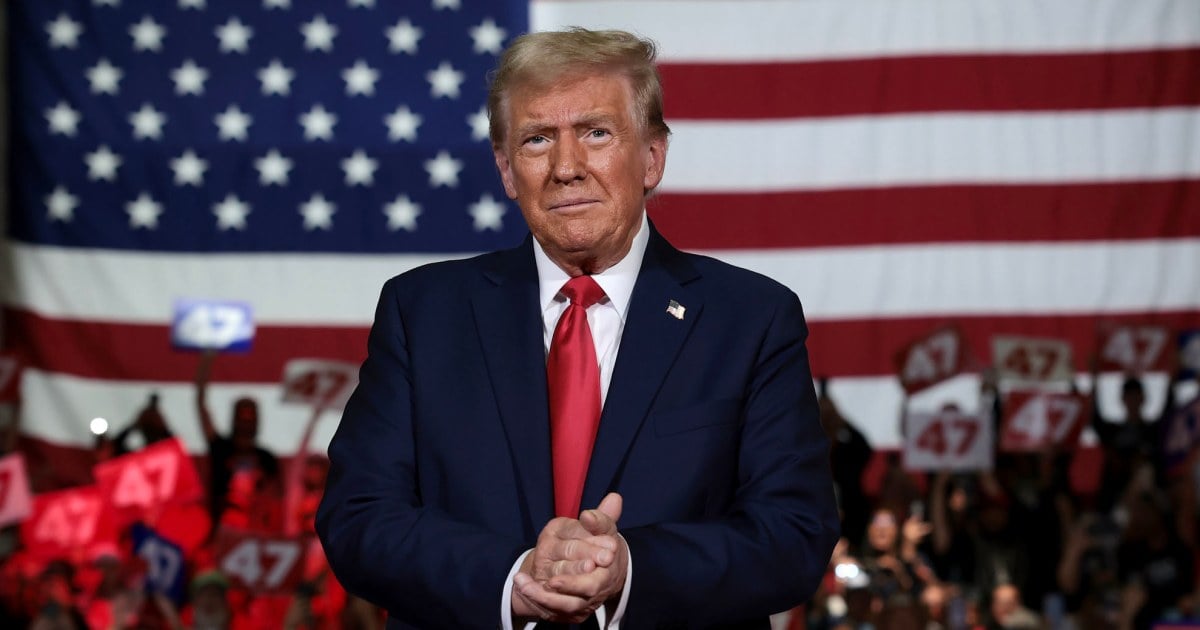Summary
Asian American groups are preparing for potential deportations of undocumented Chinese nationals, particularly military-age men, under Trump’s proposed immigration policies.
Sources indicate Chinese nationals may be prioritized due to alleged national security concerns, reflecting broader anti-China sentiment.
Community organizations are creating multilingual resources, coordinating legal support, and educating families on their rights.
Trump’s rhetoric ties Chinese immigrants to fears of espionage, intensifying anxieties.
Advocates highlight the historical targeting of minority groups during national security crises and warn of significant impacts on vulnerable communities, urging solidarity and swift action.



IANAL, but for natural born the only realistic scenario with the current legal setup is accusing them of treason and finding them guilty.
https://www.usa.gov/renounce-lose-citizenship
Key word being current. Remember that Republicans will control all three branches of government, including both houses of Congress.
Of course that assumes they follow the law at all.
Exactly… Especially since one branch decided one of the other branches doesn’t have to follow the law.
Yes, they have two years before midterm and that’s plenty of time
Project 2025 includes doing away with naturalization, and I believe might even go as far as revoking citizenship from previously naturalized citizens (only when it suits them, of course).
Isn’t it against international law to make someone stateless?
(Granted, it’s not like they’d care about legality)
That’s the fun thing about international law- who’s gonna enforce it?
That reminds me of the Hague Invasion Act:
The American Service-Members’ Protection Act, known informally as The Hague Invasion Act, is a United States federal law described as “a bill to protect United States military personnel and other elected and appointed officials of the United States government against criminal prosecution by an international criminal court to which the United States is not party”.
The Act gives the president power to use “all means necessary and appropriate to bring about the release of any U.S. or allied personnel being detained or imprisoned by, on behalf of, or at the request of the International Criminal Court”.